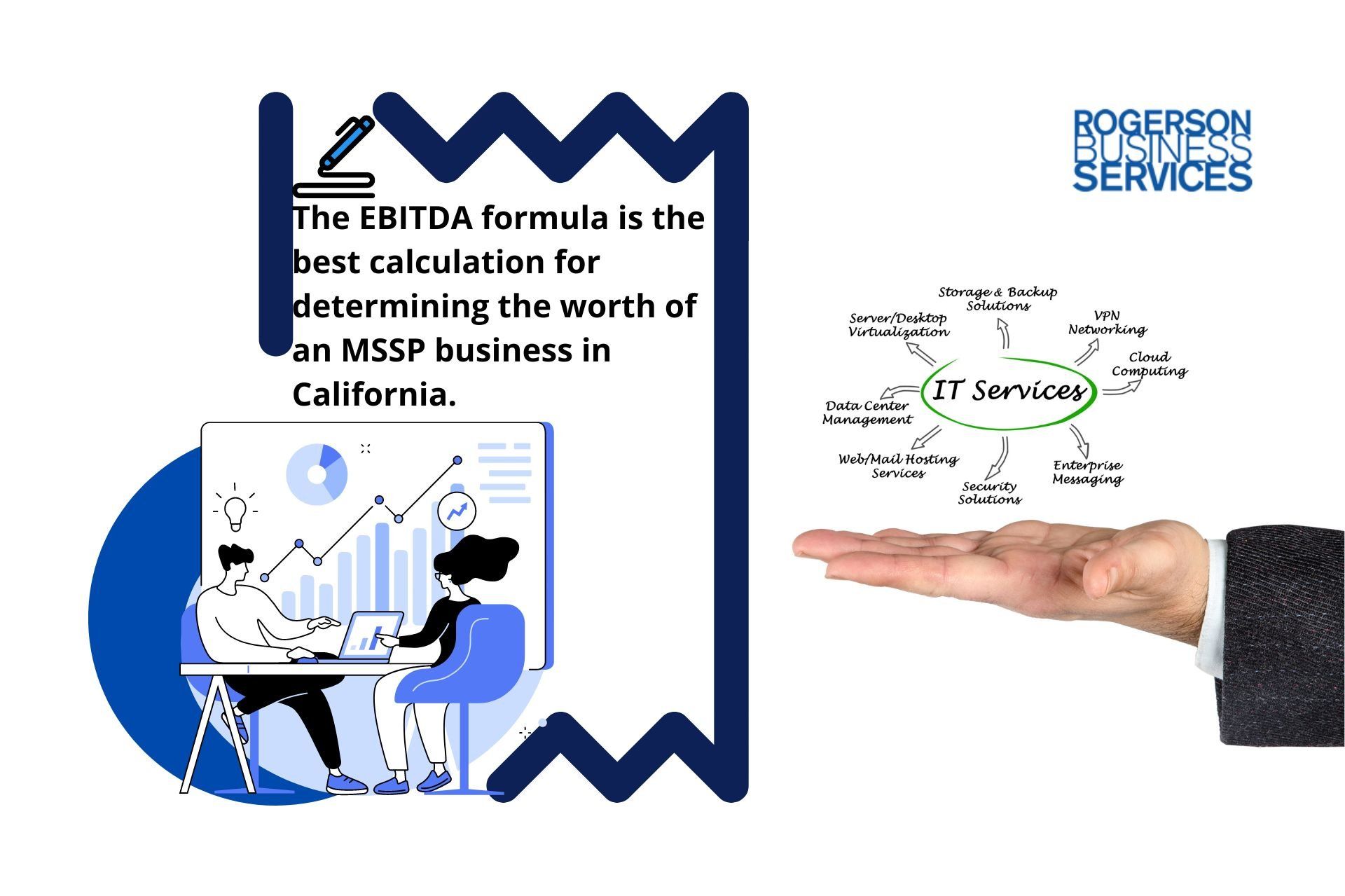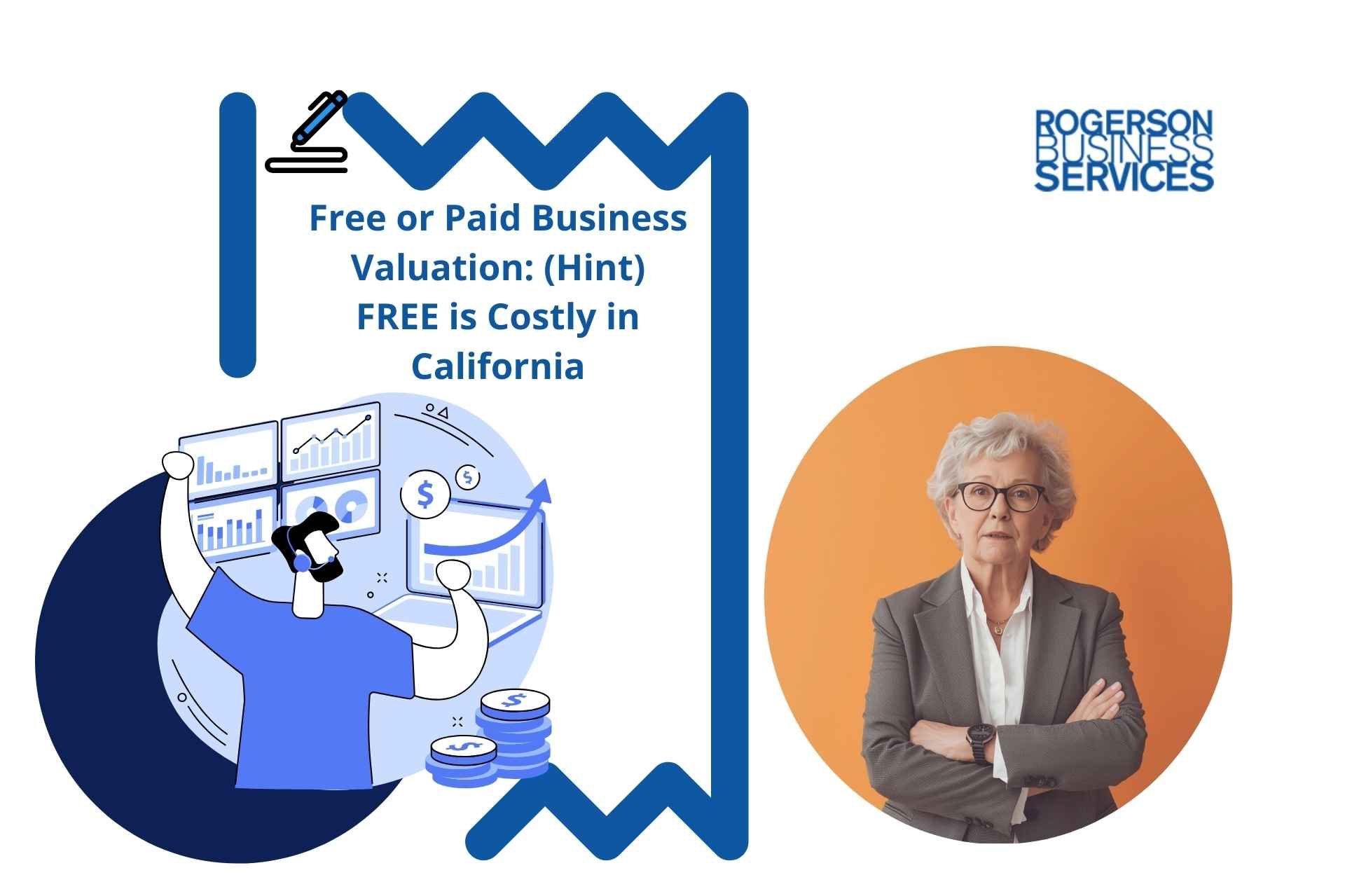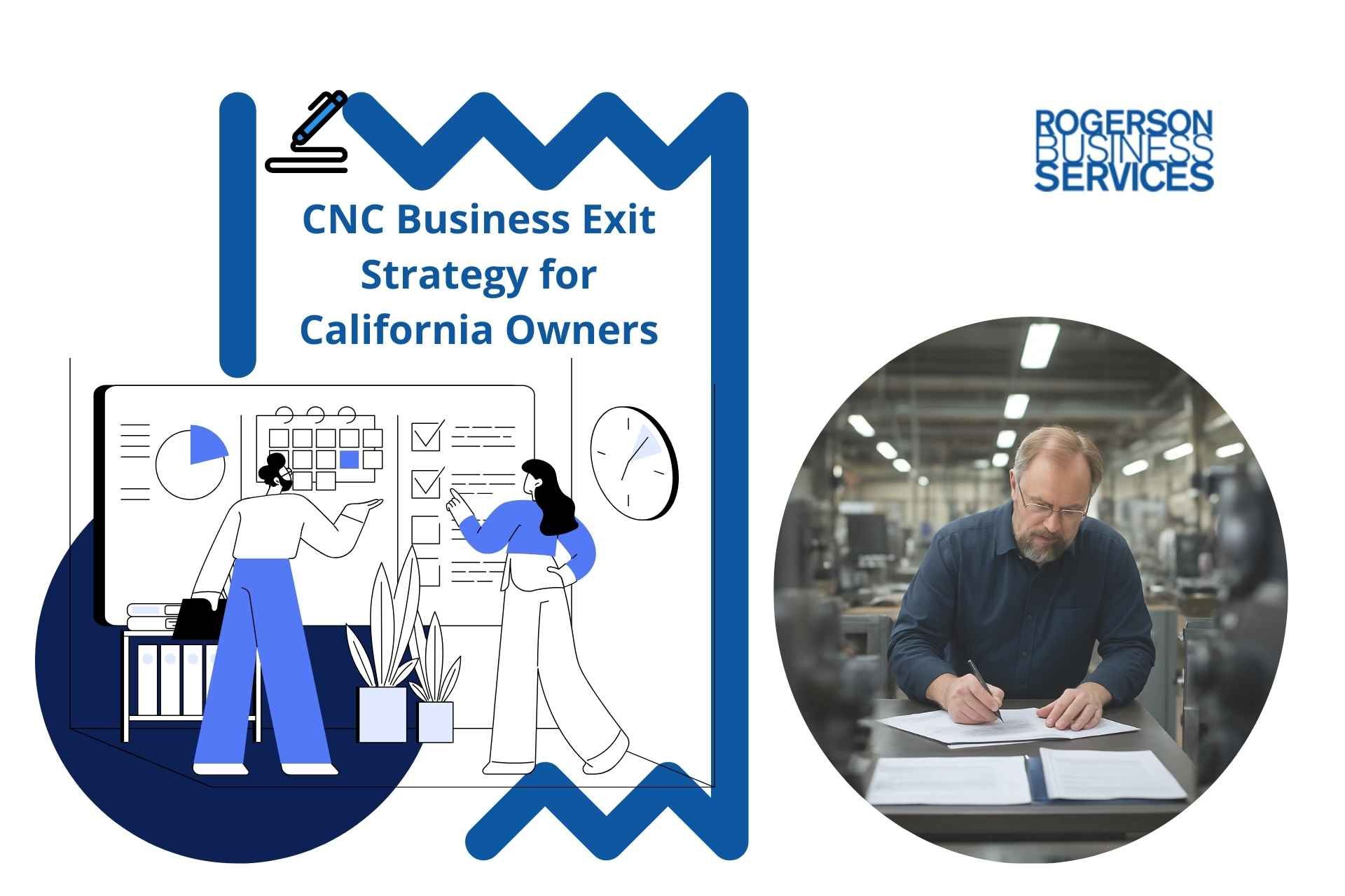How to Determine My MSSP Business's Worth: Best Calculations
Determine My MSSP Business's Worth
EBITDA is a useful valuation method for determining your business's worth, but it's also the most widespread in terms of use. This is why we have found the EBITDA formula to be the best calculation for determining the worth of an MSSP business in California.

Finding the EBITDA (Earnings Before Interest, Taxes, Depreciation, and Amortization) worth of your managed security service provider business is important when looking to sell your MSSP business as it helps investors and other companies understand the value of your company. Even if you aren't planning to sell, it's good to know where your business stands.
There are a few different calculations to determine a business's worth, but the best formula for determining the worth of an MSSP business is EBITDA.
Watch This Explainer Video To Learn More About How To Calculate EBITDA
What is EBIDTA?
EBITDA is the most efficient calculation to determine your MSSP business's worth as it allows you to measure your company's performance without needing to factor in tax environments and accounting. In this guide, we'll go over:
- The formula for EBITDA
- How to calculate your business worth with EBITDA
- How EBITDA works, who uses it
- Pros and cons
- Alternative formulas
How To Calculate EBITDA?
The first step in calculating a company's worth is determining its Earnings Before Interest, Taxes, Depreciation, and Amortization (EBITDA). The EBITDA will give you an idea of the company's profitability and cash flow.
Although there are many different calculations to determine a company's worth, the EBITDA formula gives you a market-based business valuation. To calculate EBITDA, you will need to gather the following information:
- Total revenue and total expenses (net income)
- Interest expense
- Taxes
- Depreciation and amortization expenses
Once you have gathered this information for each year, you will be ready to calculate the following formula:
EBITDA = Net Income + Interest + Taxes + Depreciation + Amortization
How To Calculate a Company's Worth by Calculating EBITDA:
- Start calculating a company's worth by gathering the company's past three years of financial statements.
- Next, determine the earnings before interest, taxes, depreciation, and amortization (EBITDA) for each of the past three years by using the above formula.
- Once you have calculated each year's EBITDA, you will need to calculate the average of the three years. You can find the average by adding together each year's EBITDA and dividing it by the number of years (3).
- Now that you have the overall EBITDA for the business, you can use this number to determine the company's worth.
How Is EBITDA Used?
EBITDA is the most commonly used metric to determine the worth of many businesses including IT services businesses, managed service provider businesses, and managed security service provider businesses. EBITDA gives companies the best idea of how buyers will compare them to other companies.
Companies utilize EBITDA to measure the company's overall performance, estimated profitability, and ability to pay off debts. EBITDA can also be an alternative to net income calculations. Most companies looking to buy an MSSP business will ask about the company's EBITDA before they consider buying it.
Typically, private equity firms, business owners, accountants, and public investors will use EBITDA. Private equity firms will calculate a company's EBITDA to sell the business at a profit. If a company is being sold, merged, or going through an acquisition, private equity firms using EBITDA make that process more effective.
For lower middle market business owners and accountants, businesses can learn which aspect of their business is impacting their net income the most.
Public investors use EBITDA as a part of their process for determining whether or not a company's public stock is worth investing in or not. This is why it is important to be able to calculate your company's EBITDA even when you are not selling your business.
Pros and Cons of EBITDA Business Valuation Method
Pros:
- Used by middle market business brokers and IT business brokers
- The most widely used calculation for business worth
- Doesn't transfer debt
- Simple to use
- Highlights business growth
- A reliable metric for managed service providers and managed security service providers
- Used in additional formulas for more extensive valuations
- Highlights a company's cashflow value
Cons:
- Doesn't get the full picture, can be misleading
- Doesn't account for most business costs
- Hides financial burdens
- EBITDA alone may not be a selling point or enough for a loan
Overall, EBITDA is a crucial formula for understanding the growth and profitability of your business. If you are looking to sell your MSP business, you will need to know the EBITDA before anything else. However, don't be surprised if a potential buyer wants a more in-depth business valuation. Use the services of a sell-side advisor if you need help.
EBITDA is a great starting place for understanding the worth of an MSSP business, but because it doesn't show the full picture of your costs and financial burdens, it may be necessary to include additional formulas.
Alternatives to EBITDA
Whether you are looking to get a more in-depth MSSP valuation or you're just not sold on the importance of EBITDA, there are other calculations and formulas available to begin understanding the worth of an MSSP business.
Alternative or additional formulas include:
- Return on Investments (net profit divided by investment cost, multiplied by 100)
- SDE or Seller's Discretionary Earnings (owner's salary + net profit + add-back expenses, multiplied by the average market multiple for MSSPs)
- EBITDA margin (EBITDA formula divided by total revenue)
- Internal Rate of Return (subtract the original value by the current or expected value, divide by the original value, and then multiply by 100)
Usually, these formulas are used in addition to EBITDA to determine the full value of a company.
Key Takeaways
EBITDA is the most simple option for determining your business's worth, but it's also the most widespread in terms of use. This is why we have found the EBITDA formula to be the best calculation for determining the worth of an MSSP business.
If you are looking to sell, planning for the future, or want to know where you stand compared to others, EBITDA is the place to start understanding your worth and valuation. By understanding your EBITDA, you can ensure your company is valued for what it's worth by investors, buyers, and the market as a whole.
Conclusion
Selling your IT managed service provider (MSP) business in the lower middle market in California is a life changing event that requires forethought and careful planning. Before selling your business, know its worth in both tangible and intangible assets. Find a reliable professional representative like a certified business intermediary specialized in M&A deals to manage the process while you continue to maintain your business. The IT broker will do the heavy lifting by marketing to and negotiate with vetted buyers and close for a reasonable price.
See how Rogerson Business Services sold businesses in California by Visiting These Case Studies.
If you have decided to value and then sell your IT services business now or within the next six months, click here to get started with this quick and simple form, so we can understand your pain points better and prioritize your inquiry with RBS Advisors.
Go to the next article: Part of tips to selling an Information Technology Services Company in California series ->
Hey there! Can we send you a gift?
We just wanted to say hi and thanks for stopping by our little corner of the web. :) we'd love to offer you a cup of coffee/tea, but, alas, this is the Internet.
However, we think you'll love our email newsletter about building value and properly position your company before transition/exit your business ownership.
As a special welcome gift for subscribing, you'll also get our helping and educational guides, tips, tutorials, etc.. for free.
It's filled with the best practices for retiring serial business owners like Dan Gilbert, Larry Ellison, Warren Buffett, and many more.
Just sign up for our emails below.


